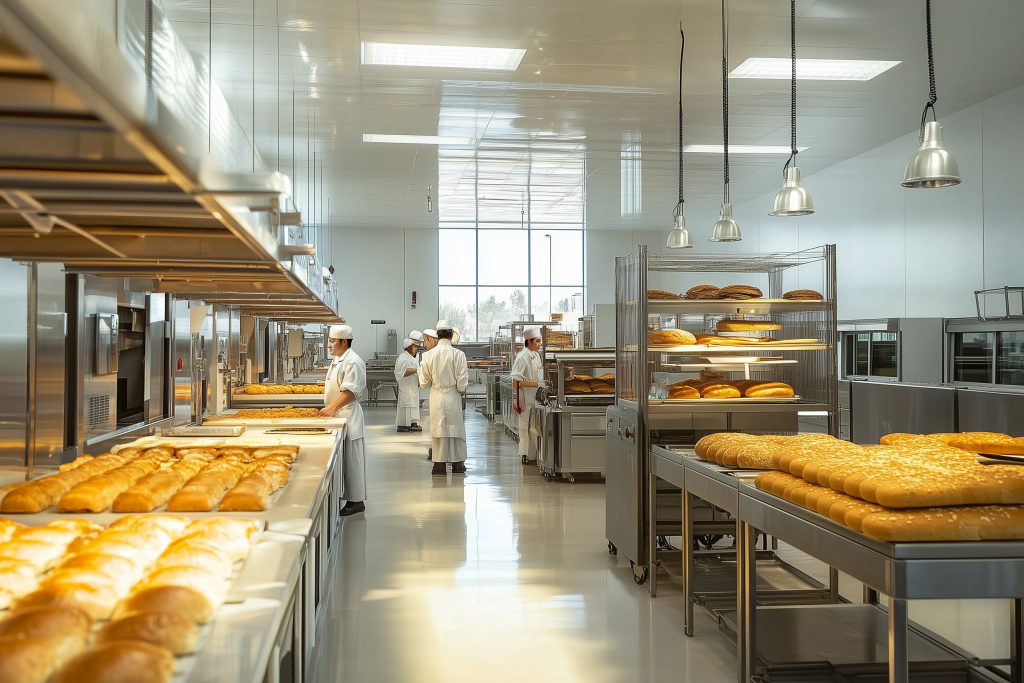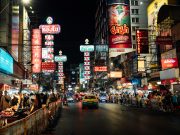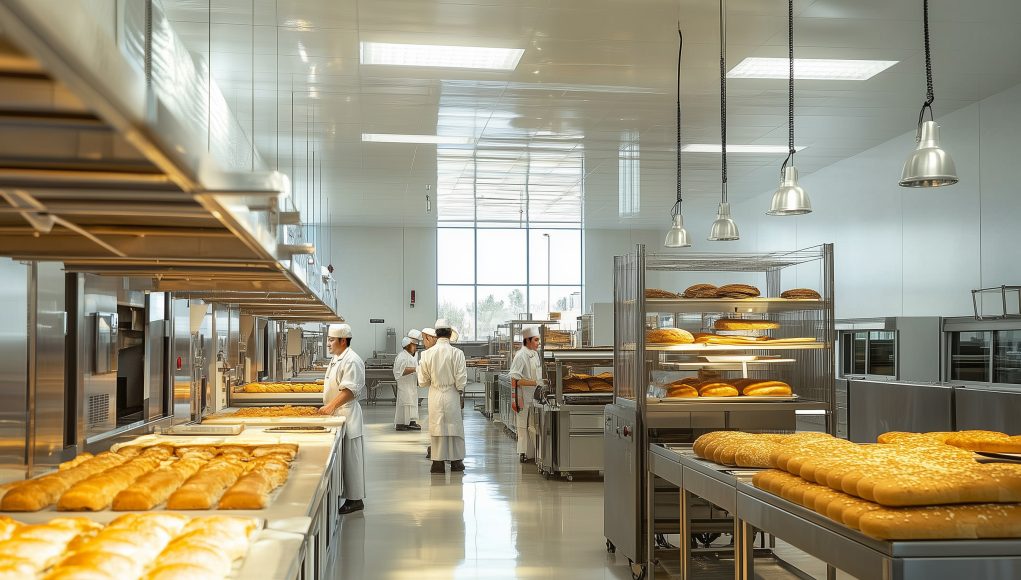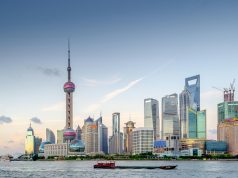(27.06.2025, Singapore)A new food factory development, EcoFood@Mandai, has opened in northern Singapore, introducing strata-titled industrial units designed specifically for food production. The launch comes amid sustained demand for food manufacturing space and continued policy emphasis on local food resilience.

Located within the Mandai industrial estate, the project offers ownership-based factory units intended for small and medium-sized food and beverage (F&B) enterprises involved in processing, cold storage, or central kitchen operations. The site’s proximity to the Woodlands Causeway and logistical infrastructure also positions it as a node for cross-border food distribution.
In contrast to most food factory projects in Singapore, which operate on rental models, EcoFood@Mandai offers units for sale only—an approach that developers say responds to the long-term needs of F&B producers looking to invest in fixed infrastructure such as commercial-grade kitchens or cold chain systems.
The opening reflects broader efforts by Singapore to strengthen domestic food production. As part of its “30 by 30” goal—to produce 30% of the country’s nutritional needs locally by 2030—the government has supported initiatives to expand processing capacity and enable food tech innovation. While the EcoFood@Mandai project is not publicly linked to state agencies, its development aligns with these national objectives.
Industry observers note that the flexibility of ownership may appeal to businesses looking to avoid uncertainty in lease renewals, especially amid rising operating costs. Modular units at the site allow for customised layouts, and are zoned to accommodate common F&B operations such as frozen meal preparation, seafood processing, and beverage bottling. Cold room installations, compliant with HACCP and SFA standards, are permitted within each unit.
The development also coincides with the build-out of the Sungei Kadut Eco District, including the future Agri-Food Innovation Park. That precinct is expected to house vertical farms, food-tech startups, and supply chain enablers—signalling a potential shift toward regional clustering of food industry players.
Still, the decision to pursue a for-sale-only model has prompted some questions. While asset ownership provides stability, it also demands upfront capital, potentially limiting accessibility for early-stage operators or cloud kitchen providers who prefer flexible lease arrangements.
Whether EcoFood@Mandai sets a precedent for future developments in Singapore’s food infrastructure remains to be seen. But its emergence adds to the evolving conversation on how food production spaces are being designed, financed, and integrated into the urban-industrial fabric of the city-state.





































